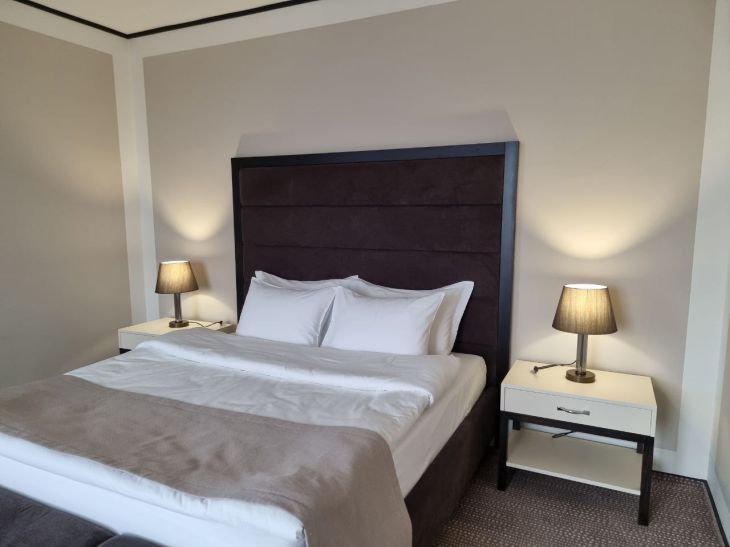Our body never sleeps: what happens to the body during sleep
We feel that during sleep everything goes faster, and suddenly it’s morning again, although in fact our physiological processes are slowly moving into the film phase.
For example, our breathing becomes deeper and our breaths have a lower rate per minute.
In the same way, our blood pressure drops, as does our heart rate. It decreases during sleep by 1/3 or even half a beat per minute.
It should be noted that sleep has several phases. Their variability also affects these processes in the body.
Sleep = hormonal storm?
Why can't we overcome our fear of heights, fear of spiders or claustrophobia while sleeping?

Because the hormone adrenaline helps us overcome fear. The level of this hormone decreases significantly during the night.
Unlike growth hormone, which increases. In any case, in adulthood it no longer helps us grow. However, it regenerates old tissue and creates new ones.
This is necessary for the regeneration and rest of our muscles. Therefore, a healthy lifestyle can include not only a balanced diet and exercise, but also quality sleep.
Are you surprised that you don't have to get up to pee at night? That's thanks to a hormone called adiuretic, which reduces the amount of urine in your bladder.
Sleep is also a kind of diet, because during sleep our body releases hormones that limit our appetite.
Sleep as therapy
It is a well-known fact that sleep is a cure for almost everything. It also works for our muscles. As we have already mentioned, it not only restores them, but it is also being studied that sleep helps heal muscle injuries, etc.
It is a very interesting phenomenon that during one of the stages of sleep you cannot move any muscles except the eye muscles and the respiratory muscles.
This phase suppresses the physical experience of dreams, meaning you cannot awaken even a very realistic dream.
Some of you may now say that this has already happened to you. You almost certainly confuse movement during sleep with the characteristic jerk at the border between wakefulness and sleep.
It happens just before you go to bed, when you are almost asleep and suddenly wake up with an accompanying jerk.
The reasons for this phenomenon are not yet known. It is obvious that the body needs more sleep than it may seem to us. This method of relaxation and recovery cannot be replaced by anything else.
